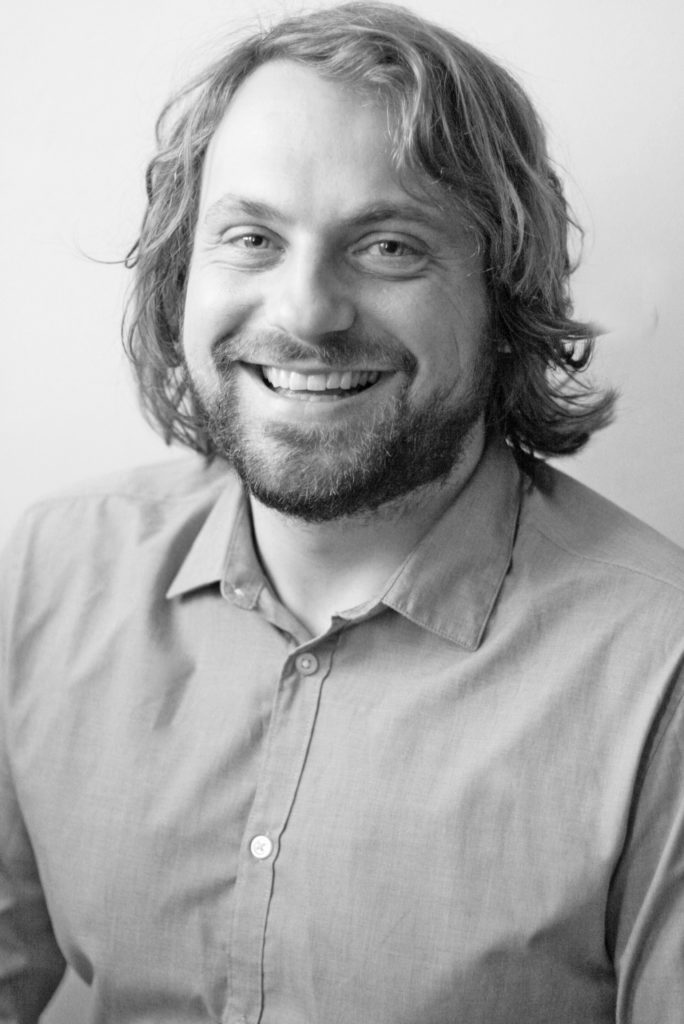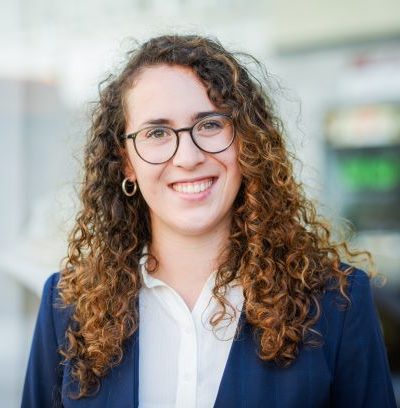– The recent refugee crisis is one of my main concerns with regard to social order and stability. Therefore, being part of such an outstanding project is a great opportunity. These are the words of Tenure-track Professor, Raphael Heiko Heiberger from the University of Stuttgart’s Institute for Social Science. Together with his department colleague, Ph.D Fellow Sara Hanke, he represents one of PROTECT’s two German partner universities.
By applying their extensive knowledge of computational methods, the Stuttgart team contributes to analyzing digital and global discourses on refugee protection and mapping citizens’ attitudes towards the Global Compacts’ burden- and responsibility-sharing aspects.

Meet Raphael Heiberger
Raphael Heiko Heiberger has a background in sociology. Currently, his main research focus is within the emerging field of Computational Social Sciences (CSS). The goal of CSS is to apply computational methods on social phenomena like the emergence of economic crises, media discourses, or inequality. The field combines various aspects of social sciences, such as Social Network Analysis (e.g., network dynamics, statistical modeling), Natural Language Processing (e.g., topic models), and Machine Learning (predictions).
Heiberger’s involvement in PROTECT allows him to combine both his knowledge and fascination for computational methods as well as his research interests:
– One of my main methodological interests is language, and how to make sense of large amounts of text. Media discourses are a great case to apply both statistical and theoretical reasoning. While I have been following media coverage on the Global Refugee Compacts closely, it’s inherently biased by my own perspective. I’m really looking forward to challenging my own assessments and compare discourses across countries.
Photo: The University of Stuttgart
Meet Sara Hanke
Sara Hanke’s background is in political science. Her interest into the refugee and migration field emerged while studying international and European politics:
– During my studies I became increasingly interested in the ways in which discourses shape political decision-making. Therefore, the chance to work on a project such as PROTECT, which explores these issues in detail, is a very exciting opportunity to further research the substantive topics I am interested in.
Hanke shares her colleague Heiberger’s fascination for computational methods and emphasizes their great potential for PROTECT’s research:
– Investigating these issues with computational methods offers the possibility to examine large amounts of text. Work Package 6, with its large cross-country survey, provides the opportunity to compare the societal discourses on international protection with individual citizens’ attitudes, thus adding another interesting research angle.
Photo: The University of Stuttgart

Want to know more about the research of WP6 and WP7?
In these video presentations, the co-leaders of Work Packages 6 and 7, which the Stuttgart team is involved in, present the content and research objectives of each Work Package.
PROTECT partners
[slideshow_deploy id=’1820′]
